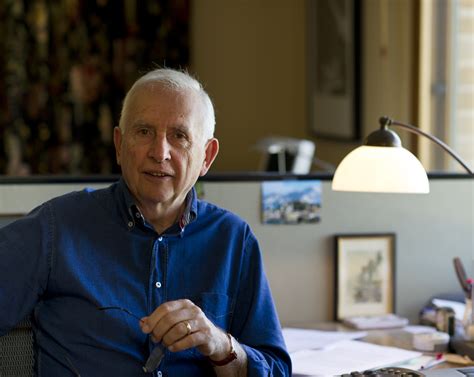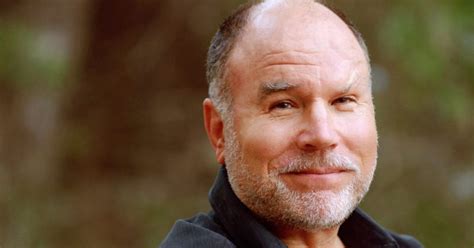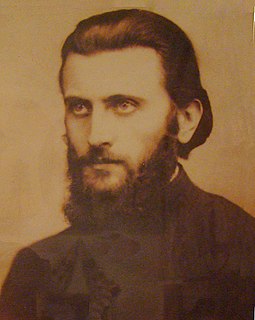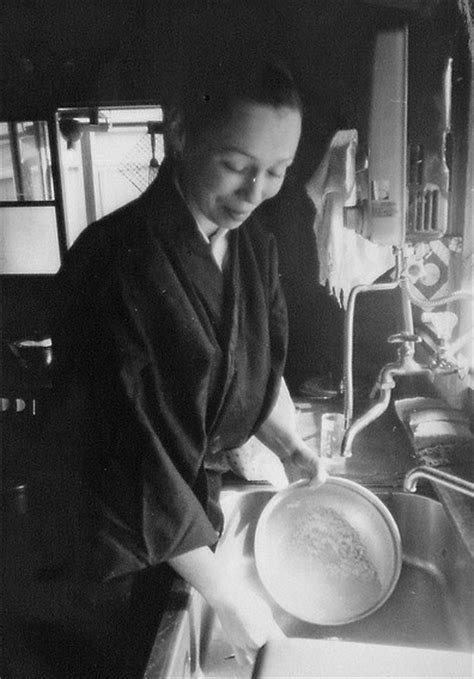A Quote by Nhat Hanh
If we face our unpleasant feelings with care, affection, and nonviolence, we can transform them into a kind of energy that is healthy and has the capacity to nourish us. By the work of mindful observation, our unpleasant feelings can illuminate so much for us, offering us insight and understanding into ourselves and society.
Related Quotes
Many of us have a tendency to deny any negative feelings. We judge them as "bad" or "unenlightened" when, in fact, they are our stepping stone to enlightenment. Our so-called negative feelings or attitudes are really parts of ourselves that need recognition, love, and healing. Not only is it safe and healthy to acknowledge and accept all of our feelings and beliefs, it is necessary, if we are to get in touch with the fears and pockets of blocked energy that are holding us back from what we want.
If we are at war with our parents, our family, our society, or our church, there is probably a war going on inside us also, so the most basic work for peace is to return to ourselves and create harmony among the elements within us - our feelings, our perceptions, and our mental states. That is why the practice of meditation, looking deeply, is so important.
The institutions of human society treat us as parts of a machine. They assign us ranks and place considerable pressure upon us to fulfill defined roles. We need something to help us restore our lost and distorted humanity. Each of us has feelings that have been suppressed and have built up inside. There is a voiceless cry resting in the depths of our souls, waiting for expression. Art gives the soul's feelings voice and form.
True friends see who we really are, hear our words and the feelings behind them, hold us in the safe harbor of their embrace, and accept us as we are. Good friends mirror our best back to us, forgive us our worst, and believe we will evolve into wise, wacky, and wonderful old people. Dear friends give us their undivided attention, encourage us to laugh, and entice us into silliness. And we do the same for them. A true friend gives us the courage to be ourselves because he or she is with us always and in all ways. In the safety of such friendships, our hearts can fully open.
At every stage of life, our inner self requires the nurturance of loving people attuned to our feelings and responsive to our needs who can foster our inner resources of personal power, lovability, and serenity. Those who love us understand us and are available to us with an attention, appreciation, acceptance, and affection we can feel. They make room for us to be who we are.
One of the most important responsibilities of leaders in any setting - including business organisations - is to tell us our own story; to explain us to ourselves; to help us weave some meaning and purpose into the fabric of our lives; to illuminate our understanding of where we have come from; to paint word pictures of our future onto which we can project our aspirations.
Healing ourselves on the spiritual level involves developing a strong connection with our soul. We heal ourselves on the mental level as we become aware of our core beliefs, release those that limit us, and open to more supportive ideas and greater understanding. Emotional healing takes place as we learn to accept and experience the full range of our feelings. And we heal ourselves on the physical level when we learn to honor and care for our bodies, and for the physical world around us.
Within us - the heart of us, really - is a 'ground' that is to our thoughts and feelings, our relationships with others and ourselves, as is the Earth to the leaves that first race across her and then, no longer able to run, give themselves up to nourish her body so that she may give birth again come the spring.




























